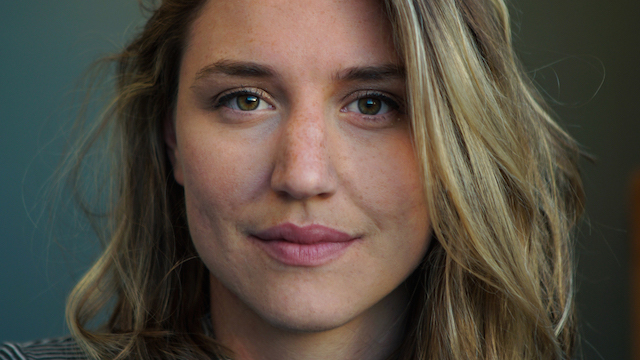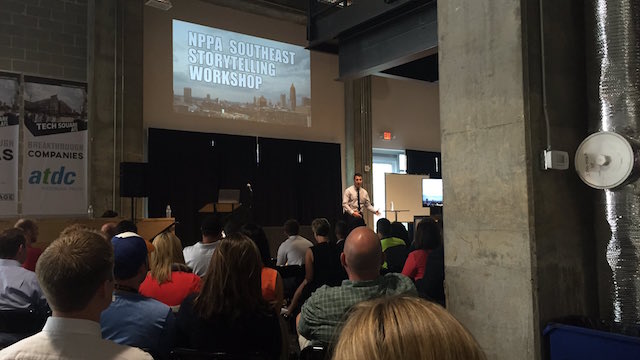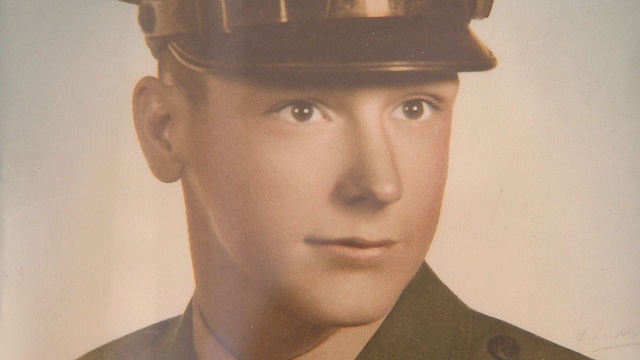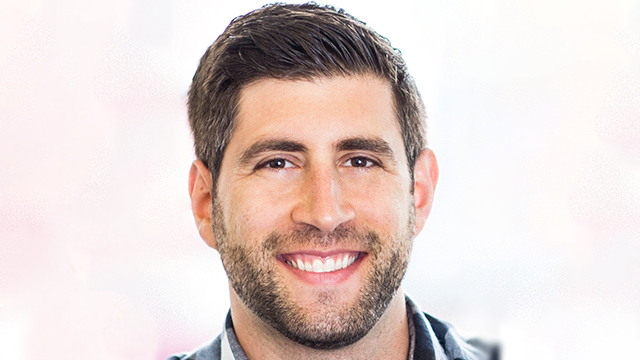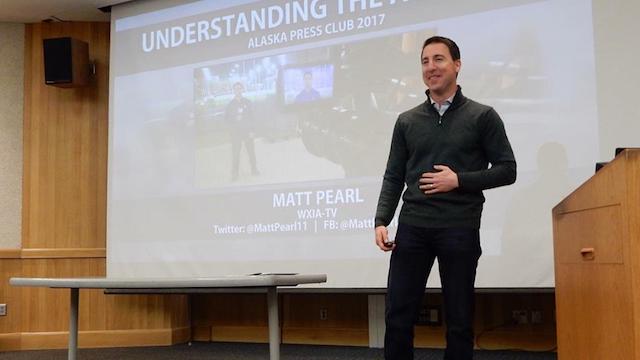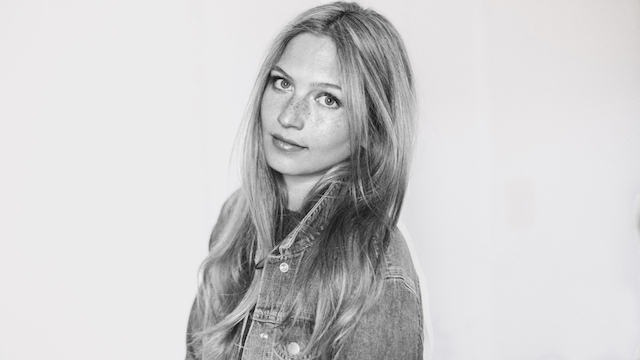Podcast: Play in new window | Download
Subscribe: RSS
(Photo credit Cayce Clifford)
One good National Murrow winner deserves another.
On my last Telling the Story podcast, I interviewed WTVF-TV’s Catherine Steward, who won a Large Market TV station National Edward R. Murrow award for Excellence in Sound. She gave an invaluable breakdown of her brilliant production, from her techniques when shooting video to her commitment to gathering audio. Her piece seemed like the pinnacle of a local TV news feature, rooted in traditional storytelling.
My guest for this episode went a different route.
She told a powerful story as well, but she did it with the foundations of documentary: a steady, slow pace; methodically deployed effects, and a soft bed of music. The piece is called “Recovering from Rehab” – a team-up with Reveal and the Center for Investigative Reporting – and its accompanying investigation became a finalist for the Pulitzer Prize. In my earlier post about lessons learned from this year’s Murrow winners, here’s how I described Merrion’s piece:
It’s just as effective, just as gripping, but nowhere near as sensational as its analogues in TV. Producer Olivia Merrion and reporters Amy Julia Harris and Shoshona Walter triumph here, with a straightforward but thoroughly reported story about a man sentenced to a year in prison but diverted to an alcoholism recovery program (despite no addiction to alcohol) where he mainly worked on a chicken processing plant. The super-tight shots at the start grab attention immediately, and from there Merrion and her team unfold the story with a deliberate confidence in its content.
Merrion is my guest on Episode #65 of the Telling the Story podcast.
I have worked in local TV news for my entire career, and I have received tremendous opportunities and national honors while maintaining a relatively stable salary and work-life balance. But when I speak to someone like Merrion – or recent podcast guest Emily Kassie – I always marvel at the allure and creative freedom of the documentarian route. I admire storytellers like Merrion who pursue stories with purpose, passion, and few restrictions for how to approach a subject. She has worked with major outlets and produced nationally recognized work, and she’s just five years into her career.
